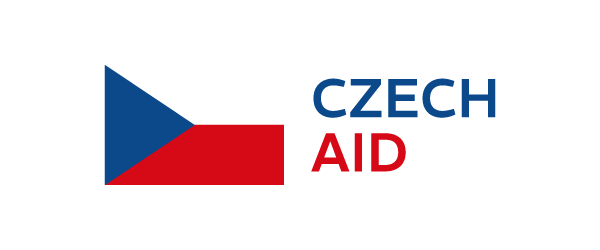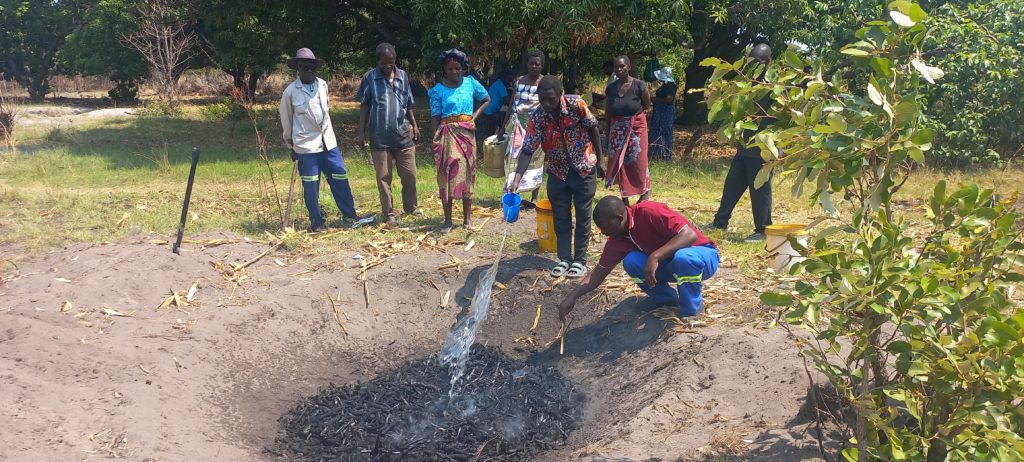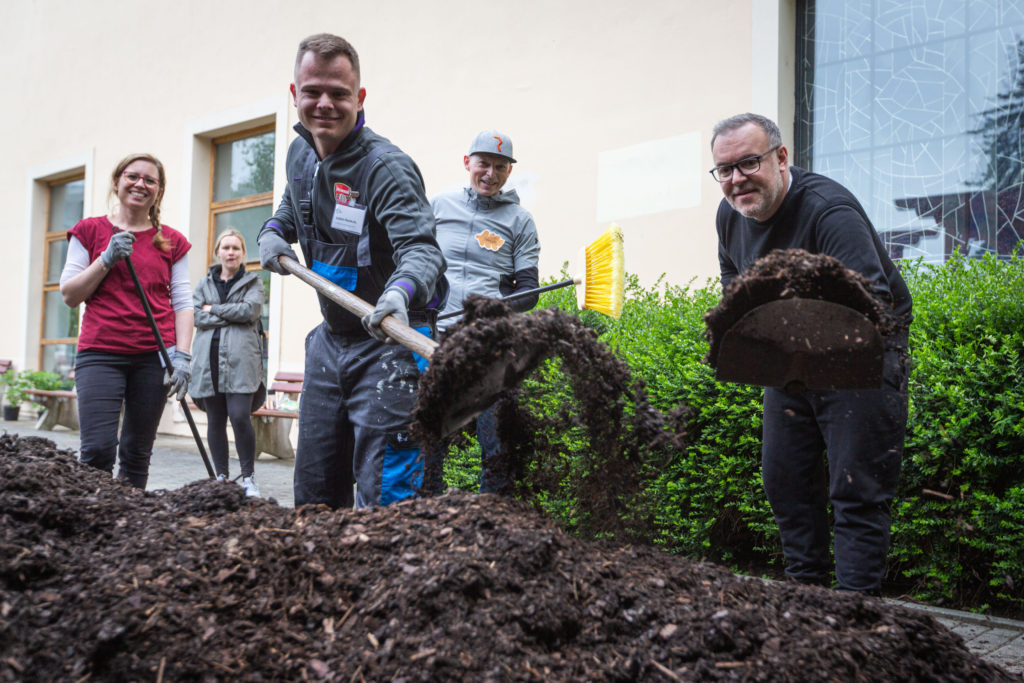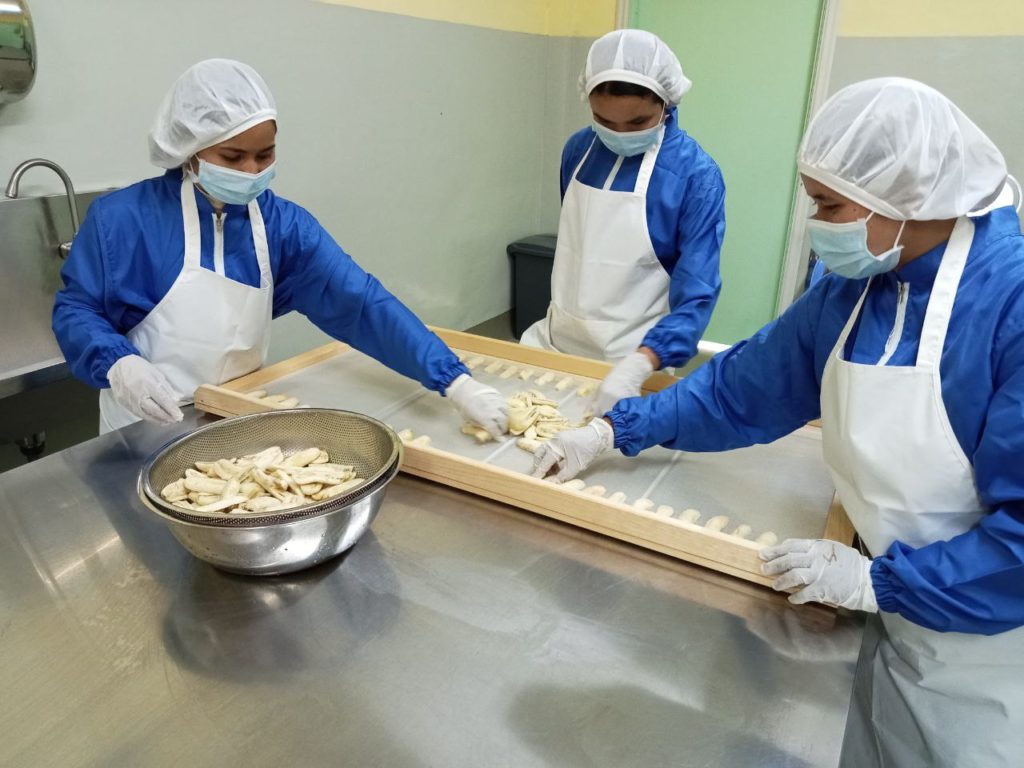Czech-UNDP Partnership for SDGs is excited to introduce 14 new innovative solutions that were selected as part of the 2023 Challenge Fund, Czech Solutions for SDGs. This initiative, a component of the Czech-UNDP Partnership for SDGs, aims to transfer Czech know-how and innovative solutions to address development challenges in Bosnia and Herzegovina, Federal Democratic Republic of Ethiopia, Georgia, Kingdom of Cambodia, Republic of Moldova, and Republic of Zambia, contributing significantly to the achievement of Sustainable Development Goals (SDGs).
The 2023 Call for Applications marked the 7th round since the project’s inception in 2018. UNDP received 47 applications and identified 14 innovative solutions for implementation in 2024. The 14 recommended projects, totaling $782,772.00 in value, represent a diverse range of innovative solutions addressing locally identified challenges. New projects span across sectors such as agriculture, environmental sustainability, technology, and public health, showcasing the breadth of Czech expertise being shared globally.
Selected Project proposals and their Projects:
In Bosnia and Herzegovina, Czech NGO Kokoza partnered with University of Mostar to jointly work on reducing ecological footprints in educational institutions through cost-effective composting, enhancing waste reduction and fostering community connections among students.
In Zambia, Czech NGO People in Need together with their local partner Mongu District Farmers plan introducing modern environmental science to traditional farming, addressing climate change vulnerability and enhancing agricultural, and economic resilience.
In Georgia, this year four projects were awarded to implement their solutions. Dekonta will pilot-scale testing of biodegradation methods at a former refinery in Batumi, addressing contamination issues and benefiting the City of Batumi. Czech Geological Survey will modernize geo-hazard assessment in Georgia’s Pirikita Khevsureti region through satellite data processing and traditional techniques in cooperation with National Environmental Agency. Czech organization Adiquit with their local partner Addiction Research Center ALTERNATIVE Georgia will introduce technological solution supporting smoking cessation through an app, adapted to local language and healthcare system with low operational costs. And finally, Semínkovna will introduce public seed libraries, accelerating the spread of the seed library concept in Georgia and promoting sustainable agriculture in cooperation with biological Farming Association Elkana.
Four innovations are coming to Moldova. Czech NGO Caritas will implement a solution to improve water availability in Vechi Village through rainwater harvesting, aligning with green development, sustainable communities, and disaster resilience goals. Big Terra, in cooperation with the National Association for Rural Development, implements its project aiming at pioneering regenerative viticulture in Moldova, leveraging a comprehensive approach to enhance resilience and sustainability in the face of climate challenges. Czech NGO Arnika together with the local partner BIOTICA societatea ecologica, will focus on tackling the challenge of managing protected landscapes with limited resources, introducing modern approaches to governance of national parks. Institute of Experimental Botany of the Czech Academy of Sciences will introduce workflow for transcriptome analysis to scientists in Moldova, assisting State University in RNA sequencing technology and data interpretation.
In Ethiopia, two projects were awarded. The Institute of Rock Structure and Mechanics of the Czech Academy of Sciences addresses geohazards in the Arba Minch area, upgrading seismic monitoring, establishing a public database, and promoting local expertise development. And Czech company IRCON will create an E-Geo-Library to gather water sector information in Ethiopia, offering a user-friendly interface and ensuring sustainability through open-source systems.
Two new projects are coming to Cambodia. Czech NGO Adra will introduce an ecologically friendly alternative to chemical fertilizers through vermicomposting, improving soil management and aligning with national rural development priorities. And Czech NGO Diakonia together with their local partner Life with Dignity will test innovative powder/mixture processing for regional production, aligning with national priorities for rural development and poverty reduction.
About the Czech-UNDP Partnership for SDGs
The partnership of the Czech Republic and UNDP supports innovative solutions from the private sector of the Czech Republic, non-governmental organizations, universities, state institutions, research centers and individuals for solving specific development challenges in priority countries (Bosnia and Herzegovina, Georgia, Moldova, Ethiopia, Cambodia, Zambia). The implementation of projects and expertise is financially supported by the Ministry of Foreign Affairs of the Czech Republic.



